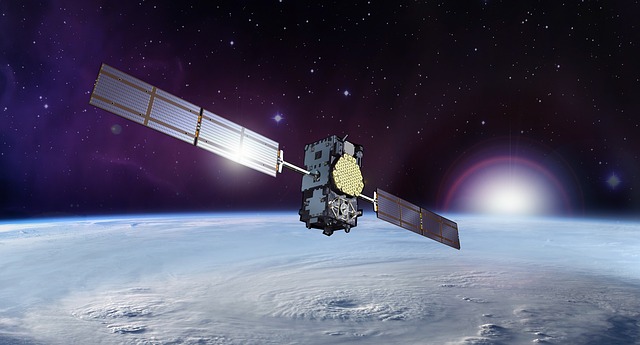
Cyberspace crime has been costing the world over $400 billion annually, financial damage which has been predicted to reach even up to $2 trillion by 2019.
Every country and every one is vulnerable to hacking.
To businesses, being hacked often leads financial losses and damaged reputation. To individuals, their privacy gets invaded; worse, hackers can steal their identity.
Everyday, there are over 1.5 million victims of cyber crimes.
The common activities of cyber criminals are the following:
- Phone hacking. Unauthorized access to one’s mobile phone or voice-mail messaging system to listen to conversations, read text messages or emails, etc. Information is used for malicious and criminal purposes.
- Vandalism: Web defacement or data destruction often motivated by a twisted ego.
- Hacktivism. Hackers who engage in this kind of activity do it for a cause, often political in nature.
- Theft. Stealing of proprietary or intellectual data often for reselling purposes. This is one of the most lucrative activities for hackers.
- Hijacking. Viruses are used for hijacking computers so these can be used for criminal intent.
Is absolute protection from hackers possible?
In 2016, China launched Micius, the world’s first quantum-enabled satellite.
The project was named Quantum Experiments at Space Scale (QUESS), which involved both China and Austria. The operation of the satellite mission is operated by the Chinese Academy of Sciences in collaboration with the University of Vienna and the Austrian Academy of Sciences. With this $100M project, it’s been hoped that quantum encryption and quantum teleportation technology could be developed.
If the space project would succeed, mankind would benefit enormously from quantum technology including hack-proof digital communication.
And this year, Micius did succeed to send an unbreakable code to two receiving stations on earth!
The satellite transmitted messages to two mountaintop stations which were 645 and 1,200 kilometers away. It dispelled last year’s concern by some scientists that the entangled photons from the satellite might not be able to hit their targets with 100% precision at very high speed. What’s more, compared to optic fiber’s performance, the project’s transmission rate proved to be 20 orders of magnitude more efficient.
Experts from all over the world considered it a milestone.
That’s especially because with ground-based encryption system, even though it uses entangled photons like QUESS, information can travel securely only up to 200 kilometers. The signal gets weaken due to the fiber-optic cables. Distances can be boosted by the use of repeater stations. However, it opens points of vulnerability which hackers can exploit.
With QUESS, some key properties of the entangled photons had been manipulated to make them dependent on one another. Hence, any attempt to make a measurement of those keys will alter those sub-atomic particles.
According to lead scientist Pan Jianwei of the Chinese Academy of Sciences, QUESS has proven that a phone call or transmission of huge bank data can be done 100% safe. Any eavesdropping attempt on the quantum channel will disrupt the state of the key and the message will self-destruct.
This latest achievement means we can finally win the war against hackers with the most effective kind of quantum cryptography.




This is a hilariously uninformed post. Most substantial cybercrimes are not the result of breaking encryption or even taking advantage of unencrypted communications. It is virtually always the result of the human equation. This MAY have solved one issue, until a workaround is found to overcome it, but as long as people without knowledge of the consequences of their actions are allowed to act, we will still live in a world where the cyber criminals have an undeniable advantage.